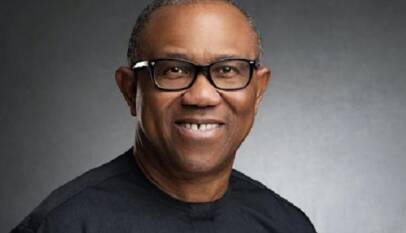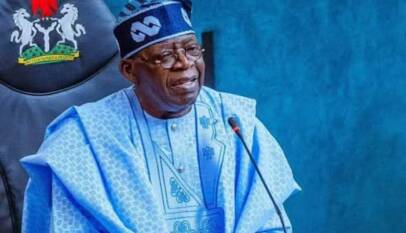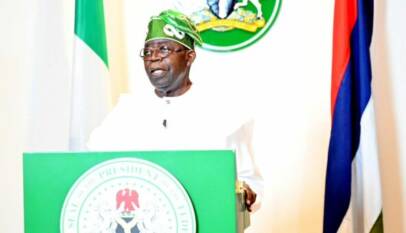Former Anambra State Governor and 2023 Labour Party presidential candidate, Peter Obi, has criticized President Bola Tinubu’s administration, saying the economic reforms introduced by the All Progressives Congress (APC)-led government have failed to reduce poverty in Nigeria.
Obi’s remarks followed a new World Bank report released on October 8, 2025, which revealed that 139 million Nigerians are currently living below the poverty line — a sharp increase from 87 million in 2023.
Reacting in a post on X (formerly Twitter) on Tuesday, Obi attributed the alarming rise in poverty to what he described as the government’s “ill-conceived policies and poor governance style” over the past two years.
“What this means is that in two years under the watch of the APC regime, over 50 million Nigerians were sent into poverty,” Obi stated.
“This is a heartbreaking reflection of how deeply our nation is failing its citizens.”
He expressed concern that, rather than sparking a national dialogue on how to address the worsening economic situation, the report had instead prompted government denial.
“What is even more concerning is that this devastating revelation has not led to an emergency and national discussion on how to effectively pull millions of our people out of poverty but instead caused a rebuttal from the government when the news already reflects the daily struggles of the ordinary Nigerian,” Obi lamented.
The former governor argued that despite the numerous reforms celebrated by the government, poverty levels have continued to surge due to a lack of clear policy direction and failure to channel resources into productive sectors.
“The World Bank also revealed that despite the many celebrated reforms, the number of Nigerians living in poverty is rising, worsening Nigeria’s position as the most poverty-stricken nation in the world,” he said.
“The reasons these reforms are not working are due to the lack of a clear plan and a lack of determination to channel the supposed gains into feasible and productive areas that will benefit the people and improve overall growth.”
Obi urged the Tinubu administration to adopt people-centred reforms focused on production rather than consumption, with increased investment in small businesses, agriculture, education, and healthcare.
“Reforms must be deliberate and strictly followed by people-focused policies that prioritise production, support small businesses and farmers, and ensure that government spending directly impacts the lives of Nigerians by pulling them out of poverty,” he said.
He concluded by stressing that Nigeria’s progress depends on lifting its citizens out of poverty.
“No nation can truly rise when the majority of its people are trapped in poverty. With the right leadership, we can make Nigeria work for every Nigerian,” Obi said.






























